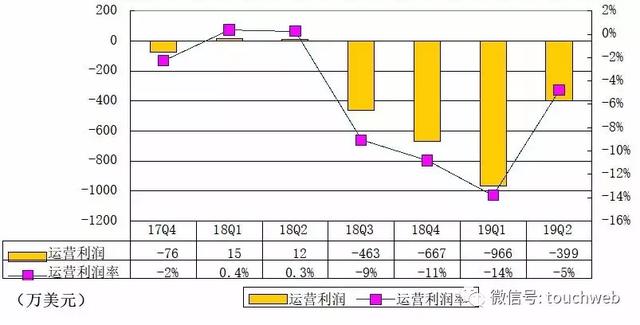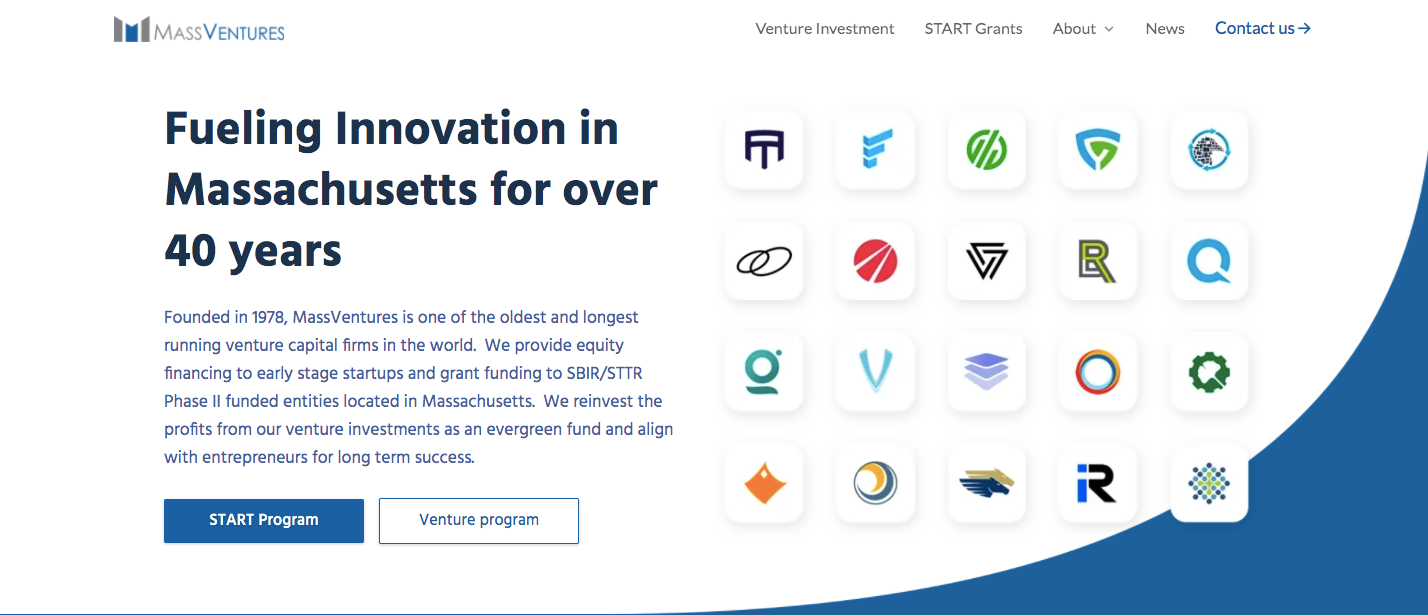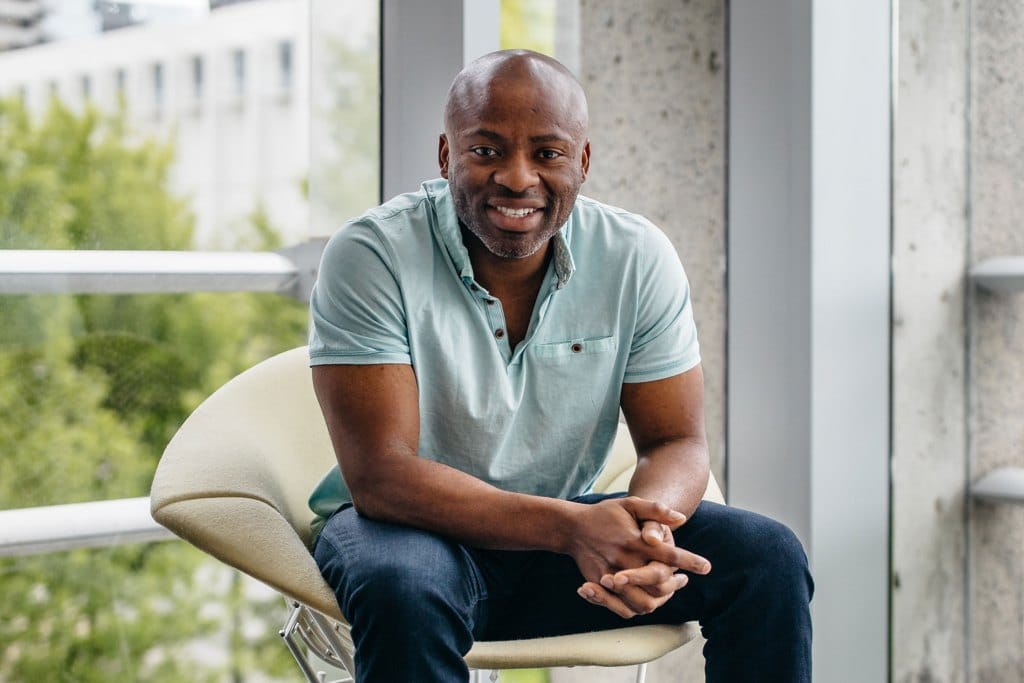

“With my previous businesses, I hedged my bets a little bit and gave myself a way out. “It could’ve gone really badly,” he says.

To fund it, he raided his 401(k) and maxed out his credit cards. In 2013, he launched Calendly from Atlanta Tech Village, a coworking space for entrepreneurs. “The obvious idea to me was that scheduling is broken,” he says. His idea for Calendly was different in that it was sparked by his own frustration as a salesman setting up meetings-a task that would sometimes take dozens of emails and days of delay. He also founded a few businesses on the side: a dating website, a company that sold projectors and another that sold garden tools.
CALENDLY 350M OPENVIEW VENTURE PARTNERS ICONIQ SOFTWARE
Instead, he sold software for tech companies, including Perceptive Software, Vertafore and EMC (since acquired by Dell). “I’m probably too extroverted to be a coder.” “I loved coding, but it was too monotonous,” he says. He studied computer science at the University of Georgia, then switched to business and management information. In 1996, when he was 15, he moved with his family to Atlanta. “There was a part of me, from a very early age, that wanted to redeem him,” he once said. When Awotona was 12 he witnessed his father get shot and killed in a carjacking. Lagos, a city of 15 million, is economically vibrant but dangerous. His father was a microbiologist and entrepreneur his mother worked at the central bank. “It’s benefited me personally, and I think it has benefited the business.”Īwotona was born in Lagos, Nigeria, into a middle-class family.

“In my life, I’ve benefited from not taking the conventional wisdom,” Awotona says. This expansive view allows him to speculate that the global market Calendly is selling into is potentially worth $20 billion. Others may view scheduling meetings as drudgery, but Awotona sees it as key to making connections to everything that happens within an organisation. It also includes integrating with productivity tools like Salesforce to track results. That means routing meetings to the right person at a large company and adding relevant documents, such as agendas and budgets, that are needed to make the meeting run more smoothly in the invitation itself. But Calendly has gained traction with its sleek, consumer-friendly design and its freemium model that lets it gain paying customers with no marketing.Īwotona is now moving beyond scheduling meetings to creating tools that help recruiters, salespeople and other white-collar workers manage those meetings before and after they occur. Square, Microsoft and Zurich-based Doodle offer competing products. “Tope could be the most successful African-American tech entrepreneur of his generation,” says David Cummings, founder of Atlanta Ventures, which led a $550,000 seed investment in Calendly seven years ago.Ĭalendly doesn’t have the scheduling business to itself. Awotona is one of just two Black tech billionaires in the United States, along with David Steward, the 70-year-old founder of Missouri-based IT provider World Wide Technology. That means Awotona’s majority stake is worth at least $1.4 billion, after the 10% discount that Forbes applies to shares of all private companies. Last year it raised $350 million in funding from OpenView Venture Partners and Iconiq Capital at a price that values the business at $3 billion. The company, which was founded in Atlanta but no longer has any physical offices, has been profitable since 2016. Revenue last year passed $100 million, double what it booked the previous year.

Today, the company has 10 million users and counts Lyft,, Indiana University and La-Z-Boy among its customers. Nine years ago, Awotona started Calendly, pouring his life savings of $200,000 into it and later quitting his job selling software for EMC. The truth, as Awotona has it, is that everyone needs Calendly, his scheduling software, to lead better, more productive, happier work lives. “You call it on message, I call it the truth,” he says, slapping his hands on the table, Forbes Magazine reports in its April/May 2022 issue. Tope Awotona, the 40-year-old Nigerian founder and chief executive of Calendly, leans back in his chair and lets loose a loud guffaw.


 0 kommentar(er)
0 kommentar(er)
